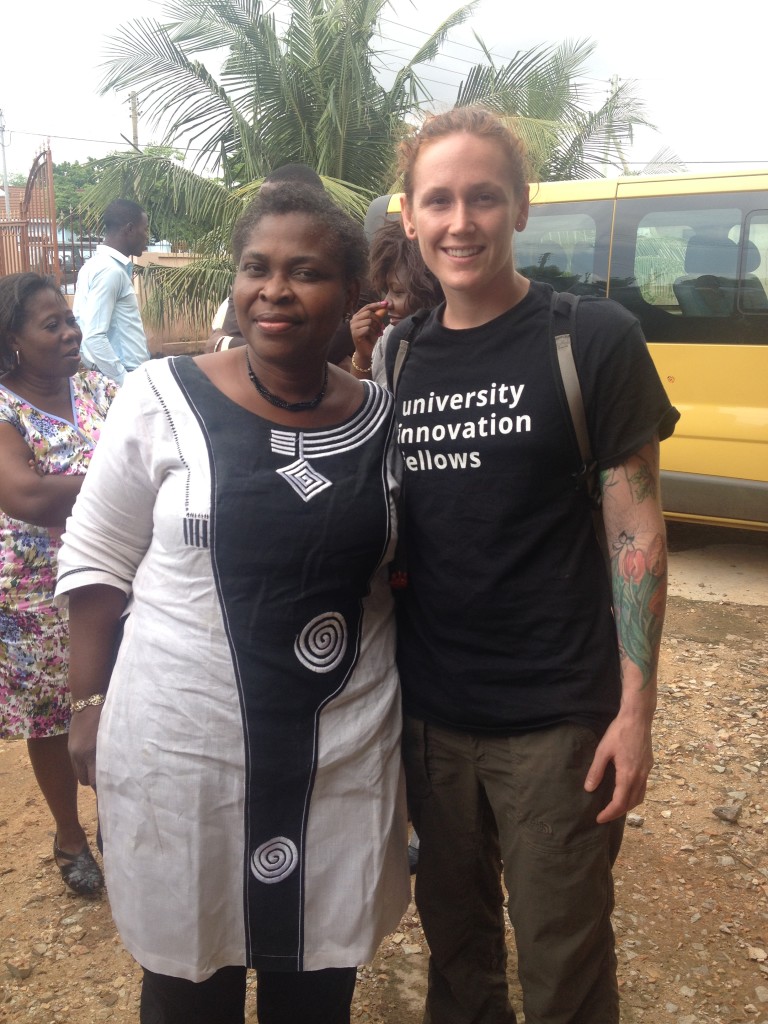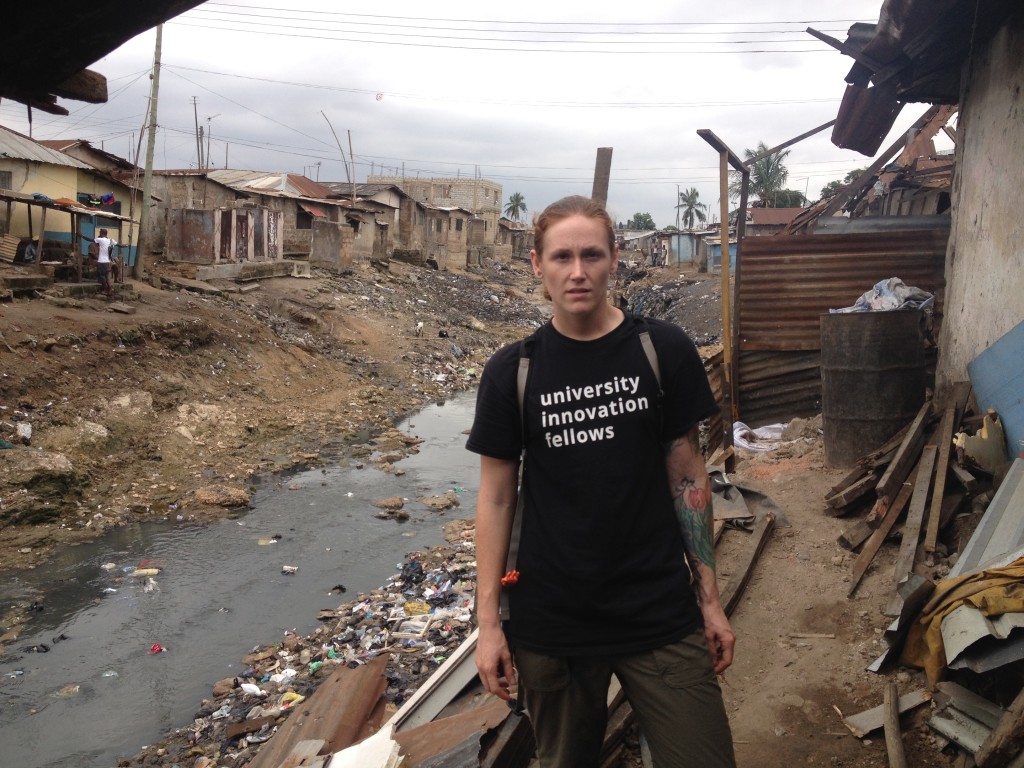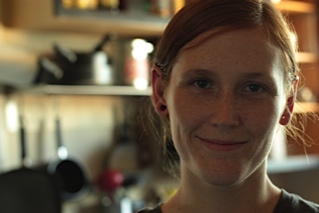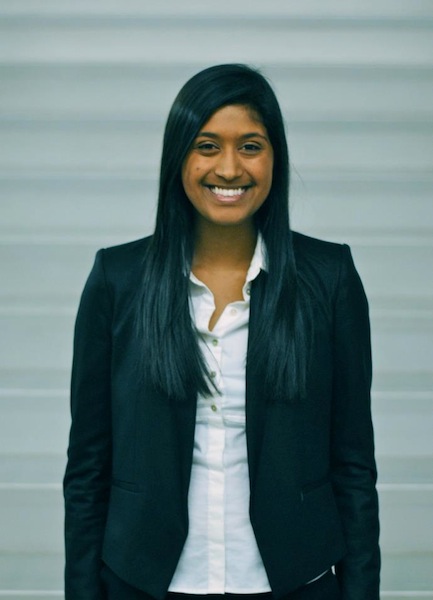Brechtian Estrangement and the Effect on Learning
Earlier this year, at the end of April, I found myself sitting in a grandiose room at the National Academy of Engineering in Washington, D.C. overlooking the Lincoln Memorial. I was one of a handful of University Innovation Fellows amongst a crowd of Engineering Deans representing universities from around the United States and Canada who were invited to the Grand Challenge Scholars Workshop. The goal of the workshop was to illustrate the need to improve engineering curriculum, and to identify the existing gaps present in the current generation of emerging engineers.
While at the National Academy of Engineering, I heard Deans from every university in attendance lament and lambast the inability of the emerging generation of engineering students to communicate, work in teams, and to understand the interconnectedness of humanity when applying design thinking toward a challenge.
A major voice in the workshop was that of Bernard Amadei, the founder of Engineers Without Borders. Dr. Amadei delivered a speech pregnant with passion for the need to educate engineers in global cultural understanding, and the benefits that might be derived from exposing young students to the perspectives of different members of a global village.
Two short months later I find myself in a very different setting experiencing in real time the value of what Dr. Amadei was speaking about. My name is Mary Wilcox, and I am currently in Atabu, Ghana, sitting, cradled in the roots of a baobab tree.
I am working on an independent project, distinctly separate from my engineering courses, which has brought me back to Ghana and Togo for a second time in four years. For the past six weeks I have been traveling around Ghana speaking with rural school headmasters, orphanage coordinators, rural farmers, rural agrochemical salesmen, rural fishermen and aqua-culturists, rural women’s collectives, urban poor families, urban school children, the founder of one of the largest nongovernmental organizations in Ghana, and architects at a design institute in Kokrobitey. I will use my research to write an effective implementation plan for the project that will incorporate a participatory development strategy in a culturally relevant and appropriate manner. The project integrates low-tech bio-systems to turn human and animal feces and urine into food, water, soil and energy. It is designed to conserve ninety-eight percent of the water content, and produce significant amounts of high-nutrient food on a year round basis, while removing harmful contaminants from streams of human consumption. It will be income generating, and will be a vehicle that could convey other tools of empowerment such as education or health services.
This project is distinctly different from my engineering courses – most of which may be taken online – making the educational value also distinctly different.
My most valuable educational experiences have been sparked by every day occurrences in Atabu, Ghana, and Mango, Togo. There, ingenuity is not encapsulated in a computer design program, or an online module. It is experiential. It is everyday life. There, simple communication is the most difficult and mind wrenching task I have undertaken, but I learned to communicate. I learned to work with diverse teams, leading in areas I had experience with and following in areas that I needed to develop within myself. I had to. I learned from ad hoc engineering that boggled the mind, and was carried out by one or two brilliant people who never made it past a junior high school level of academic training. In estrangement to my traditional academic career I have found, undoubtedly, the most exponentially valuable educational experiences of my life. These experiences awakened a social entrepreneurial passion and a self-motivated process of growth, which I highly doubt could have ever been evoked from Stewart’s books on calculus.
When I return from Ghana, I will be meeting with the Dean of Fulton Schools of Engineering at Arizona State University to discuss the accessibility and availability of accredited engineering programs abroad. By creating opportunities for engineering students to be exposed to different ways of thinking and learning at an early point in their university program, we can produce well-rounded engineers who are culturally competent, communicative, and flexible team workers. By partnering with organizations like Engineers Without Borders, and industry partners, and local NGOs we can engage students in the most valuable learning experiences of their lives, enhance our engineering educational system, and fill the gap. We can begin to really address the Grand Challenges of humanity when we realize the value of humanity as a whole.
Mary Wilcox graduated from Arizona State University in 2011 receiving two B.A.s in global studies and political science. Currently working towards a B.S. in mechanical engineering, Mary is focused on the Engineering Projects in Community Service (EPICS) program at ASU. Through the EPICS program Mary is leading teams of engineering students to design and implement a sustainable development project which will provide inclusive access to food, water, sustainable energy, and preventative health in impoverished communities.







